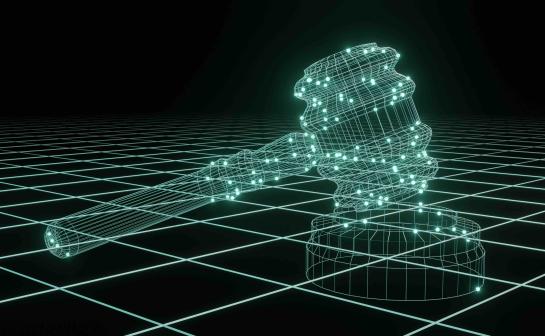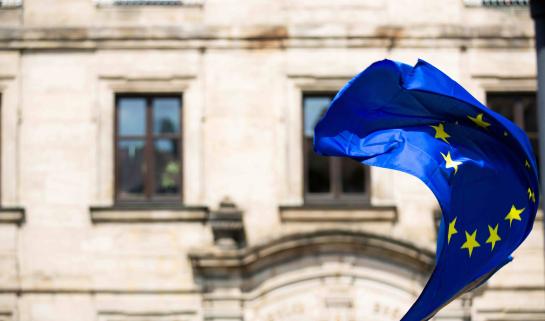Regional African Courts Tackling Transnational Ecological Challenges
6 February 2025
Courts play a significant role in addressing transnational ecological disputes that emerge from cross-border adverse impacts and affect multiple communities. Frequently, international, or national law mechanisms fall short in addressing these impacts, making the regional level crucial for resolving transboundary and transnational ecological disputes. Read more...
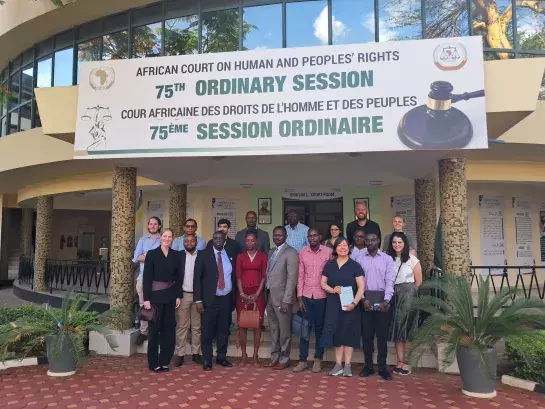
Juridische vragen bij het gebruik van avatars op de werkvloer
By Michel Maus (Professor in the Faculty of Law, VUB)
27 January 2025
In deze bijdrage wordt stilgestaan bij de juridische vraagstukken rond het gebruik van avatars op de werkvloer. Een avatar is een digitale verpersoonlijking van een fysieke persoon, en wanneer avatars in een professionele context worden gebruikt, dan zijn ze eigenlijk de digitale personificatie van een fysieke werknemer. Dit is een nieuw fenomeen en dit doet allerlei juridische vragen rijzen. Kan een werkgever bijvoorbeeld een werknemer verplichten een bepaald type avatar te gebruiken? En wat als een werknemer wordt ontslagen of ontslag neemt? Kan de werknemer dan zijn of haar avatar meenemen, of de avatar eigendom van de werkgever? En mag een werkgever een avatar screenen? Lees meer...

COP29 REFLECTIONS ON ARTICLE 6.4 AND THE INCLUSION OF INDIGENOUS PEOPLES IN CARBON MARKETS
By Xanne Bekaert
5 December 2024
Xanne Bekaert, PhD Researcher and Teaching Assistant at the Department of Public Law, had the unique opportunity to attend COP29 in Baku, Azerbaijan, as part of the Belgian delegation. This experience allowed her to delve into the evolving landscape of carbon markets under Article 6.4 of the Paris Agreement, in line with her PhD research on the impact of carbon market initiatives on the rights of Indigenous communities. She shares her insights and reflections on the key discussions held at COP29.... Read more...
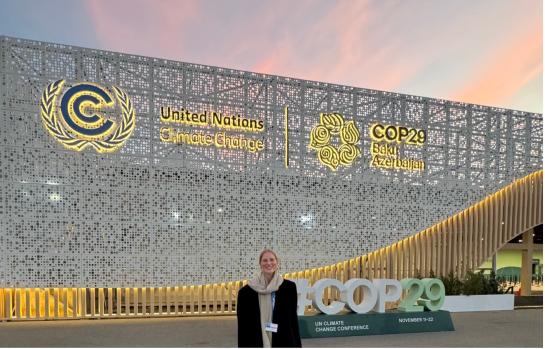
ARE AVATARS IMMORTAL?
By Michel Maus (Professor in the Faculty of Law, VUB)
1 December 2024
A death is always an profound event, with bereaved families often going through a tough grieving process. But what if we could allow deceased persons to live on in the form of an avatar? Wouldn't that be beautiful and make the grieving process easier? But do we want this, and if so, shouldn't it be regulated by law? ...Read more...
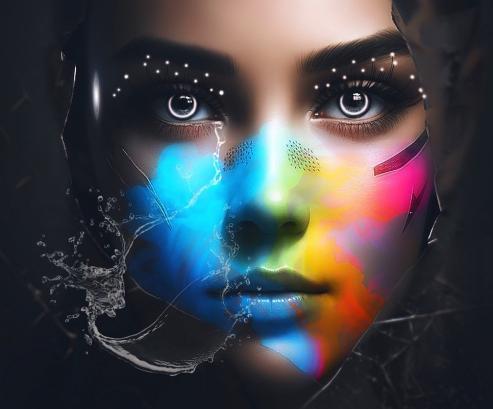
Europe needs a Euroverse
By Tommy Deblieck (CEO Talemate.co) and
Michel Maus (Professor in the Faculty of Law, VUB)
26 October 2024
Our lives are changing dramatically because of digital technology, that cannot be denied. Work processes have become more efficient due to digitalisation and artificial intelligence. Social interactions are increasingly taking place online. Entertainment is increasingly happening via streaming. This is the current reality. The technological revolution has changed our lifestyle, but also has profound social, economic and cultural consequences. Balancing technological progress with ethical and legal considerations is crucial heren... Read more...
Is het in België mogelijk om rechtbankzittingen te houden in de metaverse?
Door Prof. Michel Maus
24 september 2024
De verdere technologisering van de maatschappij heeft ook zijn invloed op justitie en op de manier waarop rechtszaken worden georganiseerd. Deze evolutie is in een stroomversnelling gekomen door de COVID-pandemie. Tijdens deze pandemie werd de werking van justitie aanzienlijk verstoord en werd gezocht naar alternatieven voor de klassieke fysieke rechtbankzittingen. Hierdoor hebben bepaalde technologieën hun intrede hebben gedaan in justitie, waaronder de digitale neerlegging van stukken en het gebruik van video-conferentie in gerechtszaken. Lees verder...
